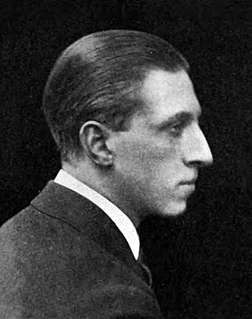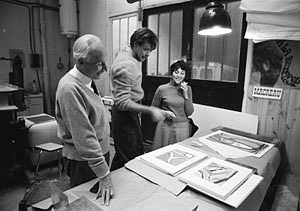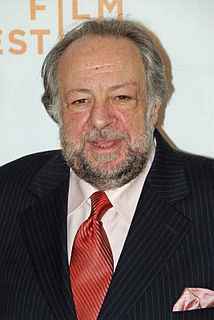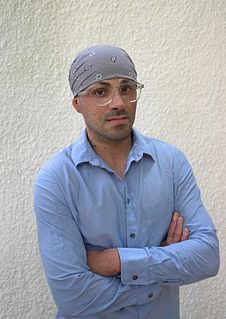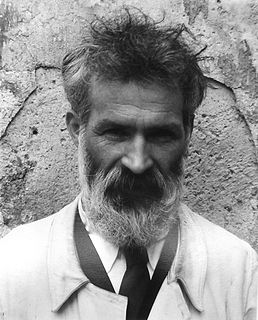A Quote by Alberto Giacometti
In every work of art the subject is primordial, whether the artist knows it or not. The measure of the formal qualities is only a sign of the measure of the artist's obsession with his subject; the form is always in proportion to the obsession.
Related Quotes
Why was the painting made? What ideas of the artist can we sense? Can the personality and sensitivity of the artist be felt when studying the work? What is the artist telling us about his or her feelings about the subject? What response do I get from the message of the artist? Do I know the artist better because of the painting?
It is a mistake to talk about the artist looking for his subject. In fact, the subject grows within him like a fruit and begins to demand expression. It is like childbirth. The poet has nothing to be proud of. He is not master of the situation, but a servant. Creative work is his only possible form of existence, and his every work is like a deed he has no power to annul. For him to be aware that the sequence of such deeds is due and ripe, that it lies in the very nature of things, he has to have faith in the idea; for only faith interlocks the system of images for which read system of life.
The bizarre but all too common transformation of the woman artist from a producer in her own right into a subject for representation forms a leitmotif in the history of art. Confounding subject and object, it undermines the speaking position of the individual woman artist by generalizing her. Denied her individuality, she is displaced from being a producer and becomes instead a sign for male creativity.
A work of art does not need an explanation. The work has to speak for itself. The work may be subject to many interpretations, but only one was in the mind of the artist. Some artists say to make the work readable for the public is an artist’s responsibility, but I don’t agree with that. The only responsibility to be absolutely truthful to the self. My work disturbs people and nobody wants to be disturbed They are not fully aware of the effect my work has on them, but they know it is disturbing.
Art is not for the personal satisfaction of one or the other, but art wants to return all what's in life... Art wants to give back everything what's in our lives. The more comprehensive the artist stands in life the more powerful his work will speak, and therefore a work of art is a measure of the mental size of his creator.
Sitting with a deck of cards in your hand all day is an obsession. Visiting print shops and bookstores and libraries is an obsession. And writing about this is an obsession. I think, in general, most collectors are obsessed. I think the only form of a rationalized greed is when you're collecting something you are supposedly serious about.
What I found interesting in dance is the idea that my work has always been dealing with the nervousness between the human subject as a subject and the human subject as a form. And if you look at my dance films, there are always these cuts between the dancer as a form, the dancer as a subject, and this kind of very harsh treatment of the dancer as someone who's actually drawing with their body.


